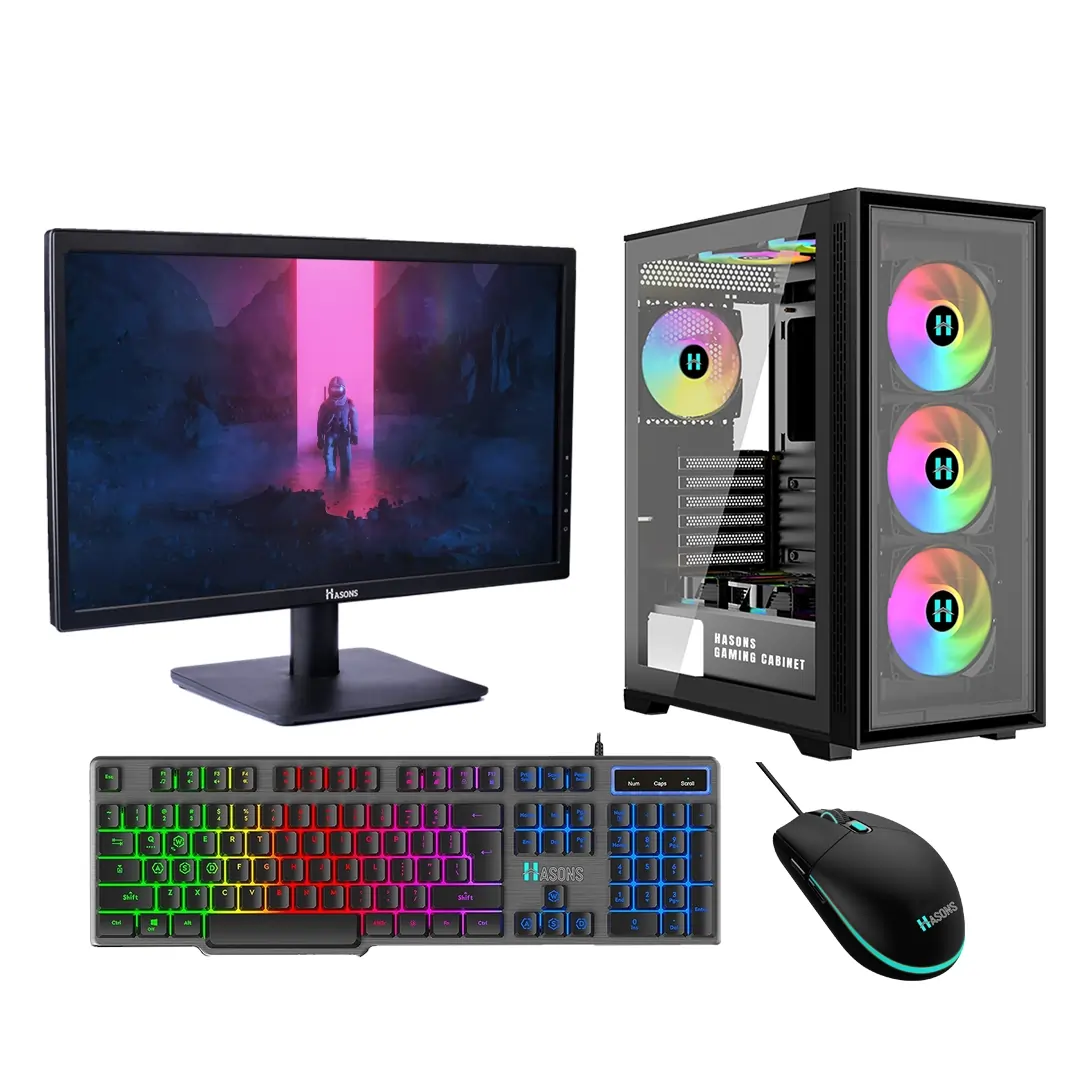Uses of Computers in Education
Computers have revolutionized the education sector. They have become critical tools in schools, colleges, and universities. This blog post explores the micro details of how computers enable and enhance teaching and learning.
Easy Access to Study Platforms
The Internet has opened up a treasure trove of learning resources. Students can supplement classroom education by accessing specialized study platforms online.
Platforms like Khan Academy, Coursera, edX, Udemy, Skillshare, and MasterClass offer thousands of video lessons and courses on academic and professional topics. Khan Academy itself has over 120,000 interactive lessons spanning math, science, economics, grammar, and more.
These platforms break down concepts into micro-learning modules. A typical module includes a 5-10 minute video explaining a concept, followed by assessments, practice problems, quizzes, and community discussion forums.
Learners can digest these bite-sized lessons at their own pace and convenience. They can rewind and rewatch video lessons multiple times to reinforce concepts. Platforms gamify learning to motivate students with points and badge systems.
This micro-learning approach enables customized and self-paced learning tuned to each student’s needs.
Online Classroom Learning
Many K-12 schools and colleges have adopted learning management systems (LMS) like Canvas, Blackboard, Moodle or Google Classroom. These systems provide expansive features to complement in-class teaching.
 LMS allow teachers to share lecture notes, assignments, quizzes, slides and other resources with students via the cloud. This enables continuous learning beyond classroom walls.
LMS allow teachers to share lecture notes, assignments, quizzes, slides and other resources with students via the cloud. This enables continuous learning beyond classroom walls.
Discussion forums in LMS facilitate constant communication. Students can post questions on lecture topics which both teachers and classmates can respond to.
Teachers can also conduct pop quizzes and surveys in real-time during class to gauge student understanding. Analytics dashboards in LMS provide micro insight into each student’s performance.
Such systems facilitate blended learning with a mix of in-person and collaborative online learning activities.
Simply Make a Presentation
Creating academic presentations is much easier today with tools like PowerPoint, Prezi, Keynote and Canva.
For example, PowerPoint enables inserting high resolution photos, illustrations, charts and videos to make presentations visually stimulating. Students can animate bullet points and transition between slides for polished slide decks.
PowerPoint’s collaboration features allow real-time co-editing of slides. Students working on group projects can simultaneously edit a presentation hosted on the cloud.
Advanced design capabilities in Canva help create infographic-style presentations. Students can use illustrations to explain concepts creatively. Canva has education-specific design templates for various projects.
Such tools amplify students’ work to boost confidence and engagement.
Learn New Technologies
School curriculum has been updated to introduce students to computers and programming early on. Learning coding and computing helps students develop computational thinking abilities from a young age.
Classes begin with basics of operations like navigating file systems, word processing, creating spreadsheets/presentations. Higher grades introduce programming languages like Scratch, JavaScript, and Python.
Students apply coding to develop fun games and apps. Advanced courses expose them to AI, machine learning, data science, and robotics.
This early tech orientation equips students with digital skills for future careers. Teaching technology itself builds problem-solving, critical thinking, creativity, and collaboration.
Study Research
From middle school itself, students are introduced to research via science fairs and academic essays. Computers enable them to conduct reliable research easily.
 The Internet grants access to an endless array of up-to-date data. Encyclopedias like Wikipedia and news sites keep students informed on current affairs critical for research.
The Internet grants access to an endless array of up-to-date data. Encyclopedias like Wikipedia and news sites keep students informed on current affairs critical for research.
Software tools like Excel, SPSS facilitate collecting survey data and running statistical analysis. Students can source real-time data online, analyze trends and build insightful visualisations and reports.
Academic journals on JSTOR and tools like Google Scholar make high-quality research papers accessible. Students learn to evaluate sources critically.
Developing research skills early on paves the way for higher education and careers in knowledge domains.
Online Learning
For students unable to attend brick-and-mortar schools due to health, travel constraints or lack of access, online learning facilitates education.
Virtual classrooms now enable interactive learning via video conferencing. LMS foster discussion through messaging. AI tutors provide personalized support and feedback.
Recorded video lessons and supplemental study material are available on-demand to accommodate each student’s schedule. Online learning management mirrors physical classrooms.
Such flexibility expands access to quality education regardless of geography or life circumstances.
Educational Games
Game-based learning is growing popular as it boosts student motivation and engagement. Subjects like math, physics, biology, history, geography are being gamified through storytelling and gameplay mechanics.
For instance, puzzles, quizzes and building simulations promote experiential learning. Adventure games take students through historical events, letting them influence outcomes. Such immersive games promote higher retention over classroom teaching alone.
Analytics track micro-aspects like game levels completed, badges earned, accuracy percentage to evaluate learning progress. This data allows creating customized learning paths per student’s needs.
Now, understanding this concept is simple and entertaining for Hasons. Using the Hasons website you can always stay one step ahead in your job, business, or studies by purchasing New Age Desktops and All in One Desktops, i3 Intel Core Processor Desktop starting from 15000/-. Monitors, CPUs, and Gaming Desktop are also available. Register on Hasons and order your Tech Partner Now. Get exciting offers and benefits on your every purchase. Contact us so our support team can guide you in purchasing the right Tech Partner.
Core i3 Gaming PC | 8gb RAM | SSD 256 | 4gb Graphic Card With Cooling Fan | RGB Keyboard and Mouse | 21.5 Inch Big Screen | Hasons Desktop
Call 9766122859 to place an offline order and receive FLAT 500/- DISCOUNT
SHOP NOW
Quick Communication
Instant communication tools like email, messaging platforms, online forums connect students, teachers and parents.
Course updates and attendance records are shared proactively. Queries on assignments or class topics are addressed via centralized communication streams vs individual contact.
Such real-time communication keeps all stakeholders engaged. Critical student issues, performance concerns, tech problems are resolved promptly to avoid bigger gaps.
Virtual parent-teacher meetings provide detailed progress feedback beyond annual reviews. This enables course-correcting learning throughout the academic year.
Conclusion
In summary, computers enable micro learning via interactive content, gamification, adaptive learning pathways tailored to each student. Data analytics drive precision education.
Online communication, collaboration & access provide flexibility. Computers make learning engaging, effective and customized. They have transformed classrooms into connected learning ecosystems focused on student success.
| For updates in the Uses of computer in Education, read Hasons Blogs. Some of them are as follows: | ||
| Computer Ethics | Function of Computer | |
| Computer Configuration | Cognitive Computing | |

